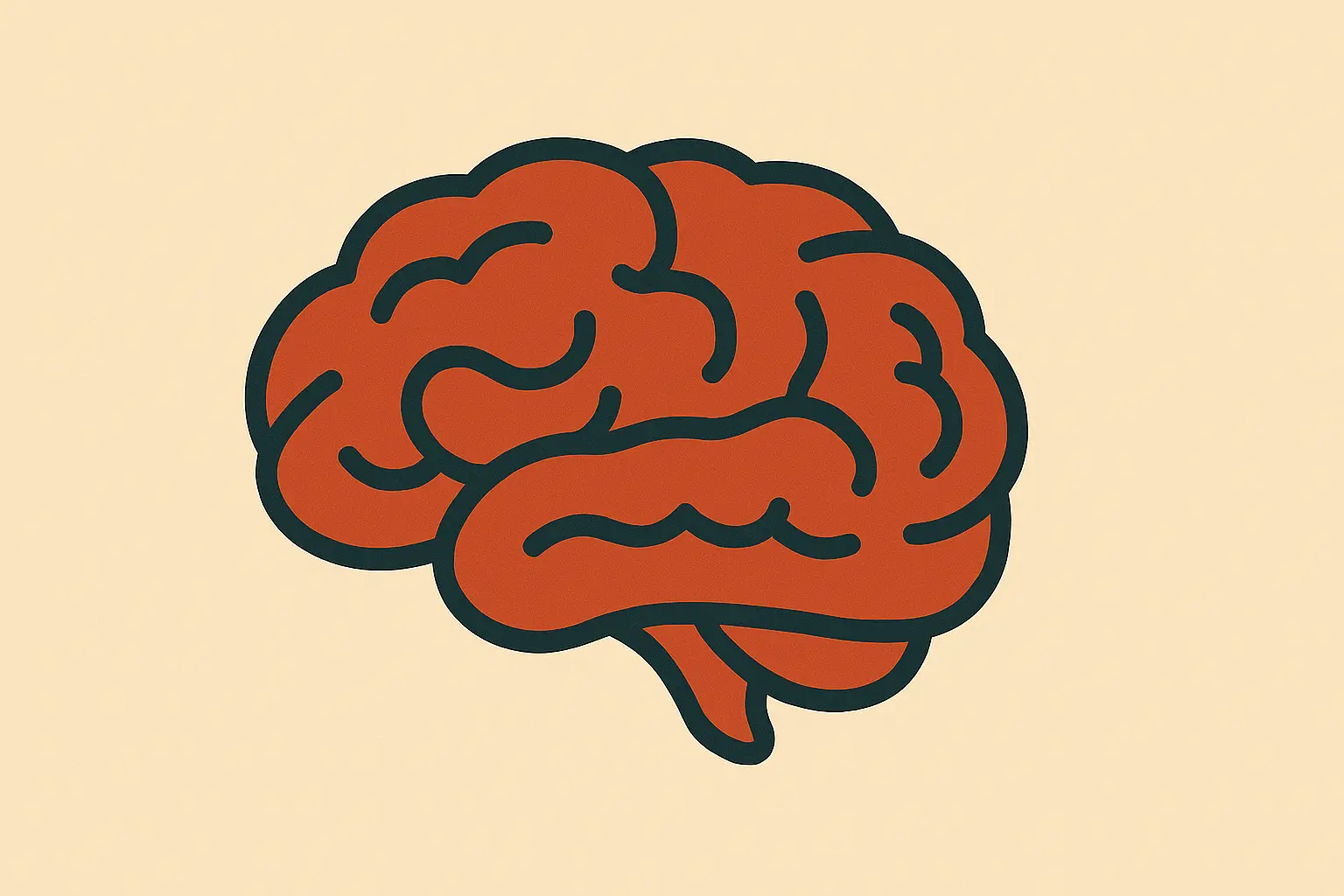What Reaction Time Reveals About Your Brain—and How Keyboard Games Can Sharpen It
TL;DR
Reaction time is more than a measure of reflex—it's a window into your cognitive processing speed, attention, and neurological health. This article explores the science behind reaction time, its connection to brain function, and how engaging with keyboard-based games like ReactoKey can improve mental agility, focus, and working memory over time.
Understanding Reaction Time as a Cognitive Metric
Reaction time is typically defined as the interval between the presentation of a stimulus and the initiation of a response. While often associated with athletic performance or video gaming, psychologists and neuroscientists have long regarded it as a fundamental indicator of cognitive processing speed.
According to a 2021 review in the Journal of Cognitive Neuroscience, faster reaction times are linked with higher fluid intelligence, stronger working memory, and improved executive function. These relationships are especially pronounced in tasks involving choice reaction time—where multiple stimuli must be interpreted and the correct response selected—mimicking real-world demands like driving, decision-making, or navigating digital environments.
Why Reaction Time Matters—Beyond Reflex
1. Processing Speed and Attention
Reaction time is a proxy for how quickly your brain can detect, interpret, and act on information. In academic and professional settings, these skills translate into faster reading comprehension, quicker decision-making, and more efficient task-switching. Studies have shown that individuals with quicker response times tend to perform better on timed assessments and multitasking challenges.
2. Neuroplasticity and Cognitive Training
Like muscles, cognitive faculties can be trained. Engaging in timed reaction tasks stimulates the brain's attentional networks and strengthens synaptic pathways related to speed and precision. In fact, research from the Brain and Behavior Research Foundation suggests that consistent reaction-based training can lead to measurable improvements in cognitive flexibility, particularly in younger adults and aging populations.
3. Early Detection of Cognitive Decline
Slowing reaction time is one of the earliest indicators of age-related cognitive decline and neurodegenerative disorders such as Alzheimer's or Parkinson's disease. For this reason, baseline reaction time is often included in cognitive assessment batteries. Regular engagement with reaction-based tasks provides both a mental workout and a subtle means of tracking cognitive changes over time.
The Role of ReactoKey and Keyboard-Based Games
ReactoKey is a web-based platform that transforms typing into a reaction-based game. It presents timed stimuli—characters, symbols, or words—that users must respond to accurately and quickly. Unlike traditional typing practice, ReactoKey emphasizes:
- Visual Cue Recognition: Users respond to rapidly appearing characters, simulating real-time signal processing.
- Hand-Eye Coordination: Typing responses reinforce fine motor control under pressure, engaging sensorimotor pathways.
- Focus Under Time Constraints: Sessions demand concentrated attention, mimicking high-stakes decision environments.
- Cognitive Endurance: Longer rounds test sustained attention and mental stamina.
In addition to providing a fun and competitive experience, ReactoKey collects data such as average reaction time, accuracy rate, and streak duration—metrics that allow users to visualize progress over time. With consistent practice, users can lower their average response times while maintaining or improving accuracy—hallmarks of improved mental efficiency.
How to Train Reaction Time Effectively
Enhancing your reaction time doesn't require a lab or a medical degree—just a structured, intentional approach:
- Short Daily Sessions: Even 5–10 minutes of focused practice on platforms like ReactoKey can yield measurable improvements.
- Track and Reflect: Use built-in performance graphs to identify trends and plateaus. Are you improving in speed but losing accuracy? Adjust accordingly.
- Mix It Up: Alternate between reaction drills, standard typing exercises, and short bursts of high-pressure challenges to prevent mental stagnation.
- Prioritize Sleep and Nutrition: Reaction time is tightly linked to neurological health. Sleep deprivation and poor diet can slow response speed by up to 20%, according to studies from the NIH.
Conclusion: A Simple Game with Brain-Boosting Benefits
Reaction time is more than a number on a stopwatch—it's a vital sign of cognitive health, a predictor of performance, and a trainable trait. With tools like ReactoKey, improving your reaction time becomes engaging, data-driven, and highly accessible.
Whether you're preparing for exams, leveling up your gaming reflexes, or just looking to stay sharp, incorporating keyboard-based reaction training into your routine can help optimize how you think, decide, and perform in the real world.
Liked this article?
Share it with friends or colleagues who want to sharpen their reflexes and enhance cognitive performance. And if you're ready to test your mental speed, head over to ReactoKey and take your brain for a spin.
